‘Why I’ve fallen out of love with Love Island’
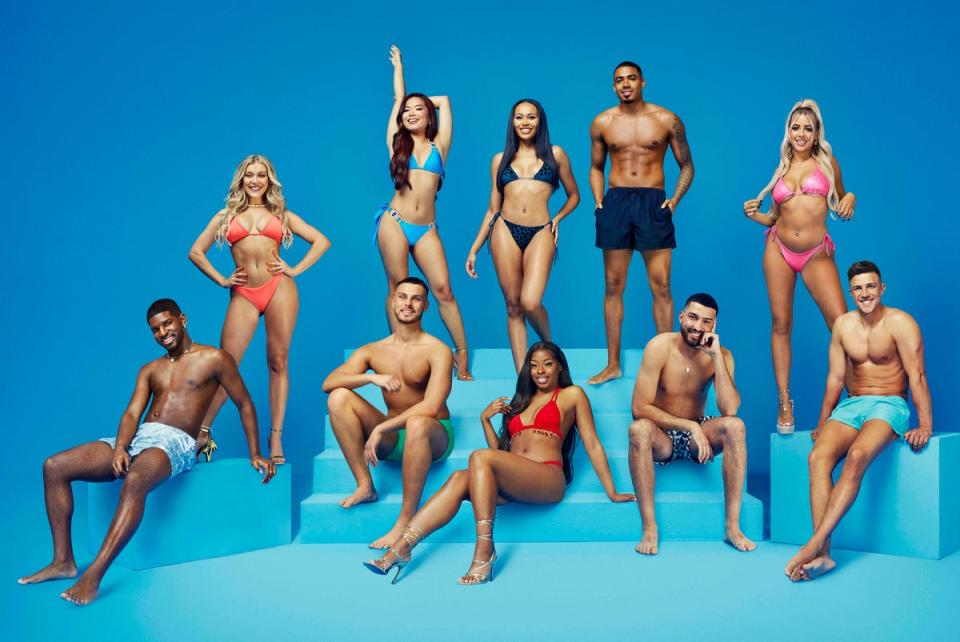
It’s possible that I am now simply too old to enjoy the bloated spectacle that is Love Island.
If I were applying for The X Factor, I’d be ticking the “over-25s” box which, in reality TV terms, means I’m basically dead. So maybe it makes sense that I’m no longer entertained by the travails of a group of semi-sentient torsos — although if recent ratings are anything to go by, I’m not the only one who has found themselves fatigued by the show.
The winter version of the reality TV juggernaut only managed to pull in 1.3m viewers for its first episode, half of what the first summer 2022 series drew. And while the addition of Maya Jama was generally welcomed, even she couldn’t whip social media audiences into the kind of frenzy seen in previous years.
Have we finally reached peak Love Island?
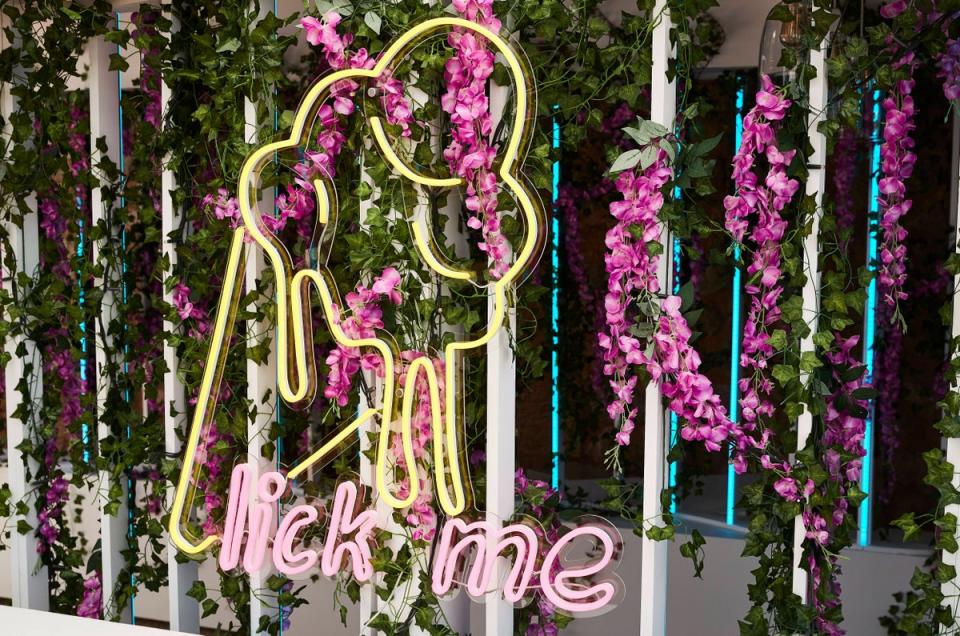
The problems have been clear from the start: accusations of racism, misogyny and exploitation (both of the contestants and the planet) have swirled for years. Women of colour — and particularly black women — have experienced various forms of aggression on the show. 2019 contestant Yewande Biala spoke out about 2021’s line up: “I was stunned, but not surprised, when the men were asked about their ideal ‘type’ and some of them said ‘blonde, blue-eyed’ or ‘blonde, petite’. How predictable can you get? What I’d love is to see men come on and say they don’t have a type, or they are open to different types of beauty.” A few weeks later, the first four women to leave the competition were women of colour. The conversation around why the male contestants often seem biased against dark-skinned black women came to no clear resolutions.
Of course, the show doesn’t exist in a vacuum so these behaviours, biases and micro-aggressions are simply a microcosm of our society. As author and journalist Yomi Adegoke wrote of 2021’s series: “Many chastise the show for what they see as a casting issue, which is in part true, but it’s also entirely symptomatic of dating in a world where white beauty standards are the default.”
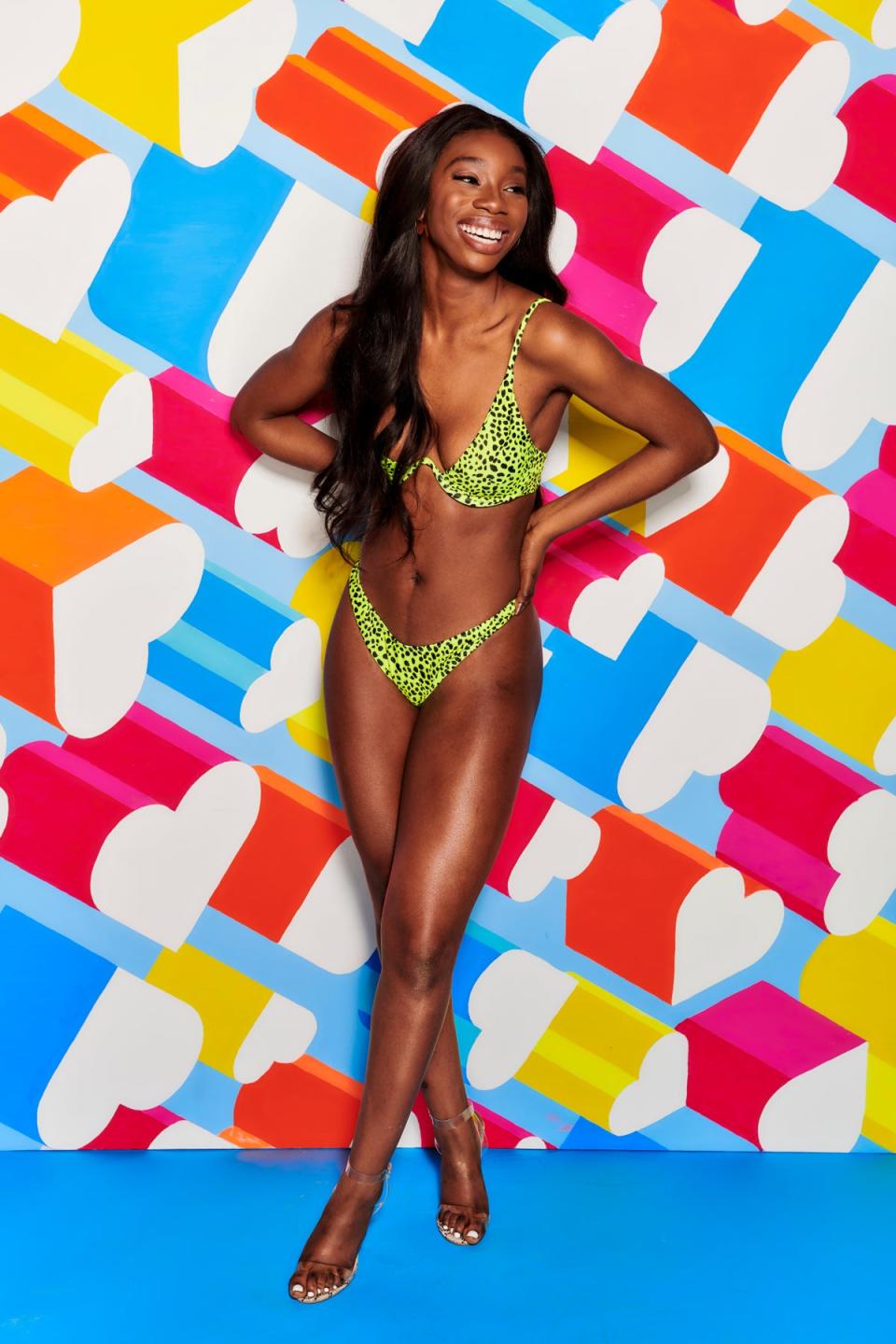
By this logic we can also chalk up the poor treatment of women in the villa in general to the fact that we live under a patriarchy. Watching the slow degradation of a young woman’s sanity after her partner repeatedly tells her that his rude, mean or dismissive behaviour is either a) all in her head; b) her own fault or c) both, would generally be considered unpleasant viewing outside of a ‘gritty drama’. And yet each year, as the recoupling commences, #gaslighting starts to trend again on social media. A few times — in 2018, 2019 and 2021 — the domestic abuse charity Women’s Aid called out particularly troubling behaviour. In a statement last year, it said: “His behaviour…looked like gaslighting, possessiveness, and manipulation… These are all tactics used by perpetrators of abuse.”
Most of the time, battle lines are drawn on social media. ‘Team’ T-shirts are printed, the ‘bad guy’ is vilified and think pieces with headlines like ‘Love Island proves how radioactive masculinity is right now’ are authored across the internet. Now, after so many seasons and more radioactive men than a Marvel film, producers have taken steps to educate would-be contestants.
Ade Rawcliffe, director of diversity and inclusion at ITV said: “As part of our duty of care process, it is also important we play our part in educating our participants to understand and empathise with different perspectives and lived experiences.”
In real terms this means that the contestants have been drilled on topics including creating safe spaces, being an ally and inclusive language. That ‘duty of care process’ was of course put in place after two former contestants died by suicide; Sophie Gradon in 2018 and Mike Thalassitis in 2019. Caroline Flack, the show’s presenter for five years, took her own life in 2020. At the time, ITV had already announced increased aftercare measures.
But I’d argue that dark and sad as all these things may be, they are not the biggest problem that Love Island faces now. That can be chalked up to the fact that the basic premise of the show simply no longer bears up. Love Island is essentially a series of beauty and popularity contests spiced up with some emotionally stressful ‘tasks’ and a dose of social isolation. These disparate tropes — which have appeared in reality TV since Craig Phillips entered the Big Brother house — are held together by the overarching narrative that the contestants are ‘looking for love’.
Finding a soulmate? No the show has now reached a level of notoriety which means that applicants would be remiss to see it as anything other than a brand building exercise
And that might once have been true. Much like the first few series of Big Brother could have legitimately been called ‘social experiments’, perhaps, early on, some Love Island applicants did actually want to find a soulmate. But — much as Big Brother did — the show has now reached a critical mass of success, a level of notoriety which means that applicants would be remiss to see it as anything other than a brand building exercise, a launchpad for an influencing career.
Love Island’s producers exploited the increasing popularity of the show to broker highly lucrative sponsorship deals — which in 2021 amounted to some £73 million. Most famously, they partnered with fast fashion outlets like I Saw It First, which sponsored the show and dressed the contestants. The whole thing became a shoppable info-mercial.
It made perfect sense for the advertisers. The highly charged narrative of people looking for love made for compulsive viewing, even if the reality TV tropes (pitting people against one another based on their looks, for instance) were deeply problematic.
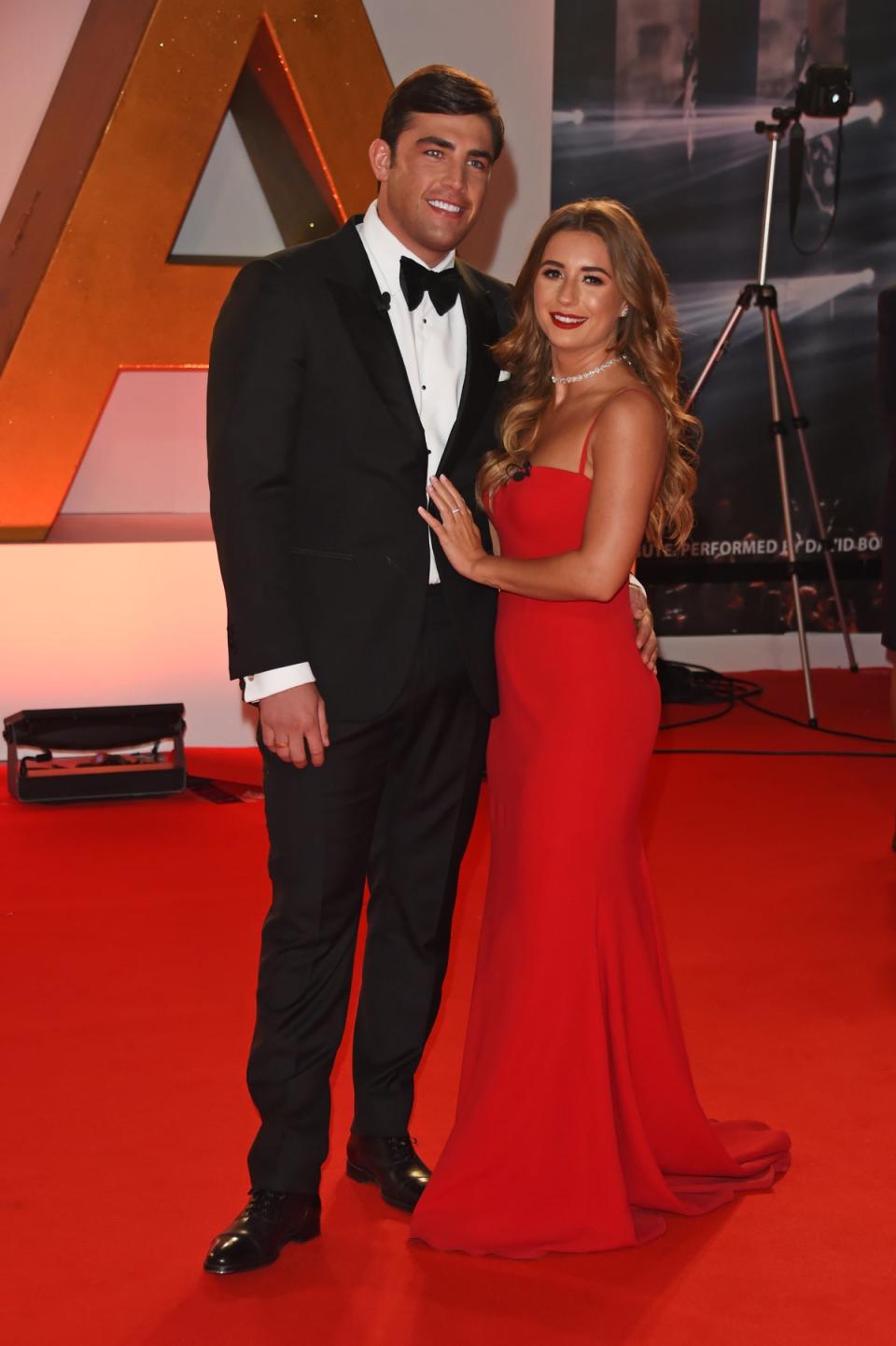
The thing is, nowadays it is simply impossible to believe that the contestants are in it for love. In 2018, Dani Dyer and Jack Fincham came away as the heartwarming story of the season. They stayed coupled from the start and took up the mantle of ‘nation’s sweethearts’ when they left the house. Three years later, the ‘love story’ between fan favourites Jake Cornish and Liberty Poole lasted just a few weeks before it was resolutely decried — he was just doing it ‘for show’, many said. And none of the other couples seemed even close to believable. Without even a hint of pretence, all that’s left is an aggressively heteronormative environment which seems orchestrated to bring out the worst in people.
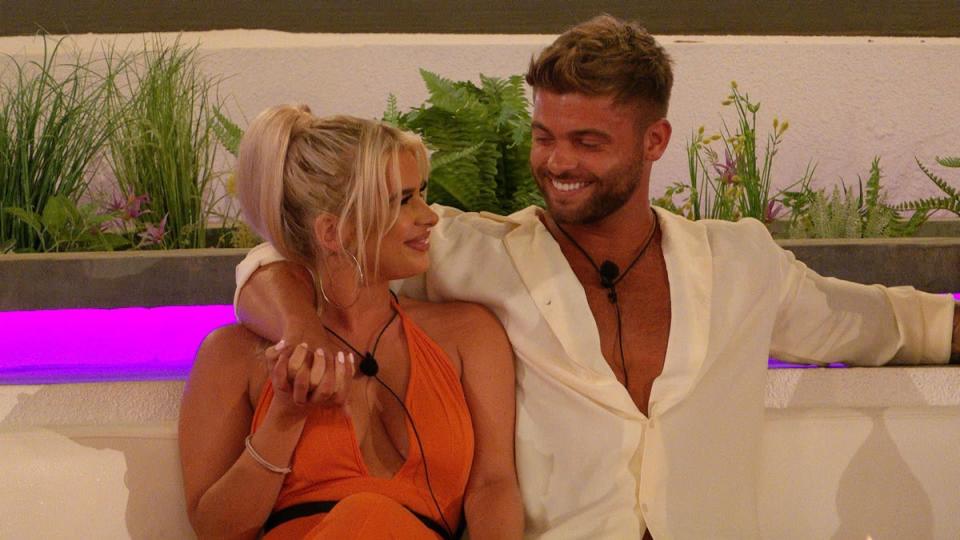
There’s no excuse for abusive behaviour, but it surely doesn’t help that contestants are now hyper-aware of how damaging it could be for their prospects to be labelled ‘the bad guy’. For the men, this has indeed led to some awful behaviour — instead of holding their hands up and saying “I know it’s muggy of me but my head’s been turned by Laura from Leeds”, they attempt to push the responsibility for their actions onto anyone other than themselves. Or they simply lie. It’s dirty tactics, it’s cruel, it’s gaslighting — but it’s also what many 22-year-olds, cognisant of what it could mean for their future if they leave the villa universally disliked, might do.
While there’s clearly something unpleasant about a group of people grubbing in the capitalist dirt like fame-hungry truffle pigs, the contestants themselves can hardly be blamed
What we have now is a house of people performing catwalks for social media. While there’s clearly something unpleasant about a group of people grubbing in the capitalist dirt like fame-hungry truffle pigs, the contestants themselves can hardly be blamed. Who, having spent so many hours in the gym, having reduced one’s life to protein shakes and beige fitness meals, wouldn’t want to put those hard-won abs to good use? It’s just not that nice to watch. There’s something guileless and appealing to a find-your-soulmate narrative but it’s simply not what Love Island is about anymore and I just cannot summon up the enthusiasm for it.

 Yahoo Sport
Yahoo Sport 





































